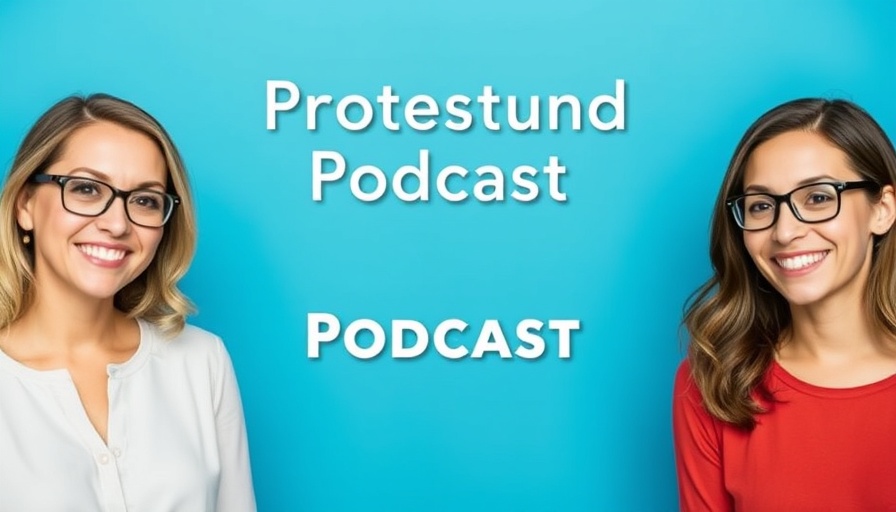
Understanding the Intersection of Vaccination and Autism
As we delve into the perplexing world of vaccine debates, it becomes crucial to acknowledge not only the science behind vaccination but also the emotional and human aspects intertwined within it. The narrative that vaccines cause autism remains a persistent myth, one that not only harms public health but also incessantly undermines the dignity of those on the autism spectrum. To move forward, we must not only dismantle misconceptions surrounding vaccines but also embrace and empower the autistic community.
Countering Myths with Compassion
The anti-vaccine movement leans heavily on fear—fear of what autism represents, fear of the unknown, and fear fueled by misinformation. When we hear claims wrongly linking vaccines to autism, we must respond not just with facts regarding vaccine safety (which are plentiful) but with compassion that highlights the worth and value of those living with autism. For instance, acknowledging the experiences of individuals like Leo, who require support yet possess remarkable strengths, is vital in rehumanizing adults and children with autism at the center of this debate.
Celebrating Neurodiversity: A Step Forward
It's essential to shift the narrative to a more positive framework—valuing neurodiversity. Autistic individuals contribute extensively to our society, bringing creativity, unique perspectives, and skills that enrich our communities. Recognizing autism as a valid expression of human diversity transforms the conversation from one that revolves around fear to one that highlights acceptance and understanding. Efforts to integrate realities of autism within our pro-vaccine dialogues can foster acceptance and dispel lingering stereotypes.
Strategies for Effective Communication
For vaccine advocates and educators, communicating effectively about autism is paramount. Emotional intelligence is key in these conversations. Presenting a balanced approach where both evidence of vaccine safety and personal anecdotes from the autistic community are highlighted encourages a more profound dialogue. Tools such as storytelling, empathetic outreach, and inclusive discussions can change the hearts and minds of those who might shy away from vaccinations due to misconceptions stemming from anti-vaccine rhetoric.
Creating a Supportive Community for Parents
As countless new parents navigate the overwhelming journey of raising children, they are influenced by both information and misinformation. The pressure is magnified when faced with the stigma surrounding autism. Sharing resources that emphasize both vaccination benefits and understanding autistic experiences fosters a sense of community among parents. This supportive network is vital, from school resources to online forums, enabling them to share their fears, triumphs, and strategies calmly.
Inspiring Acceptance Through Awareness
An essential part of this dialogue involves challenging misconceptions while advocating for acceptance. Highlighting the voices of autistic individuals within our pro-vaccine advocacy can mitigate fears associated with autism. Ultimately, helping communities see autism as a part of our diverse human tapestry rather than a problem allows for collective growth and understanding. When we advocate for vaccines in connection with autism acceptance, we promote a healthier society, both physically and emotionally.
A Call for Collective Understanding
It is imperative that we remember that the narrative about autism will shape how it is perceived in society. Addressing the baseless claims of the anti-vaccine movement requires more than just stating facts—it necessitates a profound understanding of what it means to be autistic and how societal attitudes influence acceptance. We have an opportunity to reshape this conversation; an opportunity we must not ignore.
Your involvement matters! By participating in discussions and spreading awareness, you can help combat misinformation and promote a more inclusive understanding of autism. Engaging with pro-vaccine campaigns and sharing experiences with those in the autistic community will strengthen our efforts to create acceptance and health for all.
 Add Row
Add Row  Add
Add 




 Add Row
Add Row  Add
Add 

Write A Comment